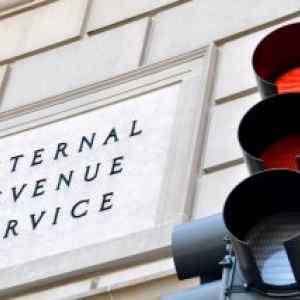Fraud Alert: April 6, 2022

We have recently learned that Scammers posing as IRS Agents, have been calling people throughout the country, suggesting that the individual’s Tax Refund has been sent to an account Mission Valley Bank. If you are not a Mission Valley Bank client, we are not in receipt of your IRS TAX Refund.
Any funds transferred to Mission Valley Bank that are not associated with an active Mission Valley Bank account holder are researched and immediately returned to the sender.






